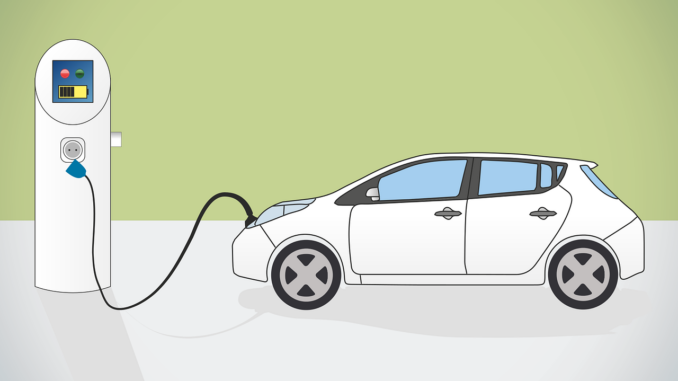
Although the promotion of e-vehicles is progressing apace, infrastructure development is still lagging behind: the number of registered electric cars in Germany has risen by 715% in the last three years, while the number of charging stations has only increased by 188%. This is revealed in a new infographic from Block-Builders.de.
In the third quarter, the number of electric car charging stations in Germany rose to 25,323. Yet 438,950 new electric cars were registered in Germany over the same period. This discrepancy between the number of vehicles and the charging station infrastructure is problematic, not least because of often long charging times.
In spite of recent explosive growth, the share of EVs as a proportion of total vehicles is still relatively low. This is expected to change rapidly, however. Experts predict a share of 11.1% by 2025 and a share of 24.4% by 2030. The future federal government’s course may yet have a significant effect on this.
Debates Surrounding Electromobility
Electric vehicles are by no means without their share of controversy. Many industry observers are of the opinion that they are more ecological and sustainable than conventional combustion vehicles, but there are also controversial discussions on this point. There is also by no means a broad consensus when it comes to costs.
As the infographic shows, a petrol-driven car (average values for consumption, price and annual kilometres) incurs annual petrol costs of €1,385. Over the same mileage, an electric vehicle only costs €730 in electricity. Yet this is only one side of the coin.
In the event of an accident, repair costs for an electric vehicle are on average about 30% higher. The high cost of rechargeable batteries is largely responsible for this.
These disputes aside, electric car manufacturers are booming, as a glance at the stock exchange floor makes clear. Tesla’s market capitalisation has increased by 84% in the last 12 months, whereas Daimler’s gain is 66% (VW: up 38%; BMW: up 35.2%).
Leave a Reply